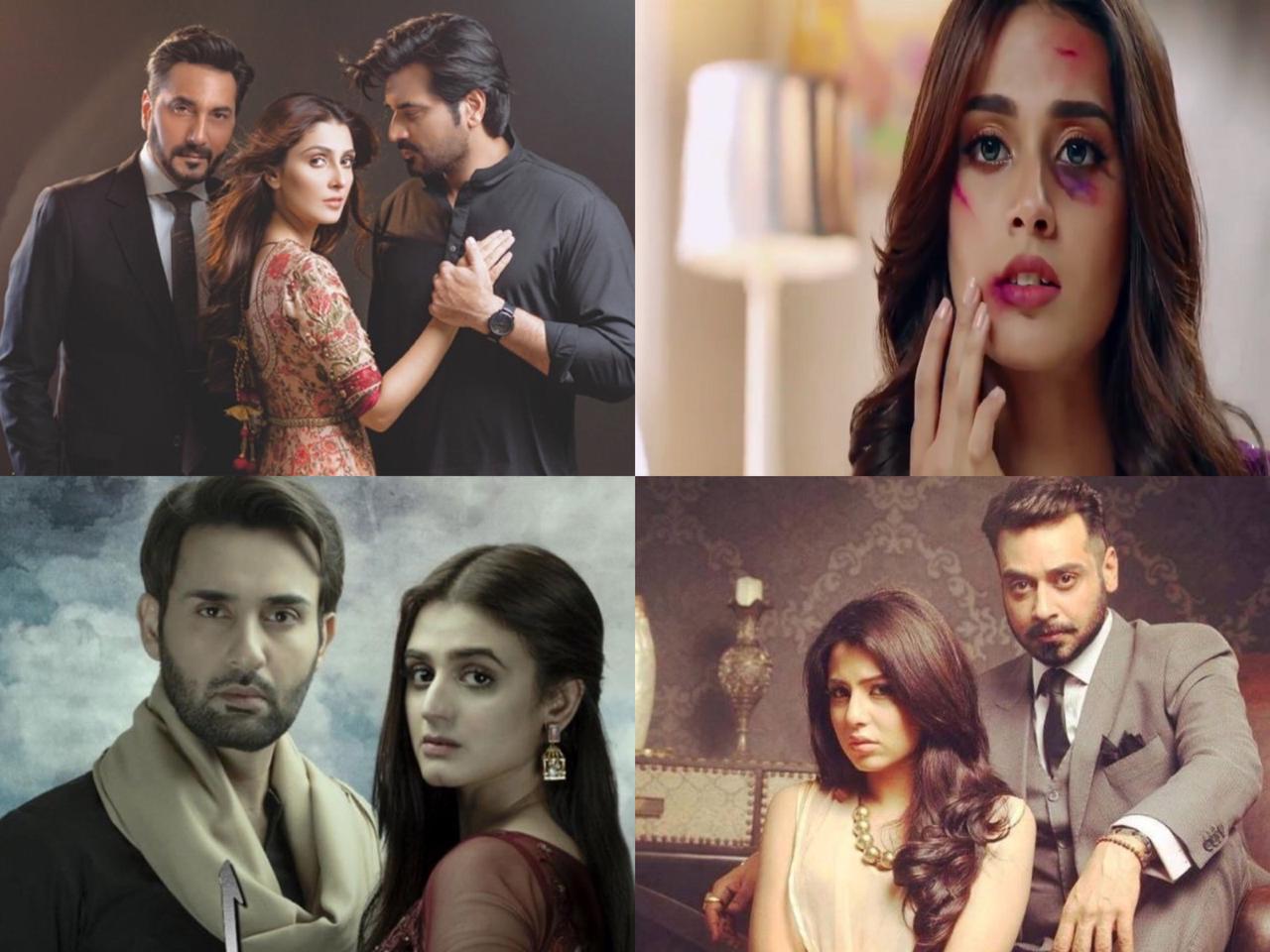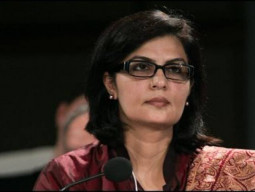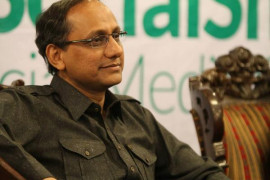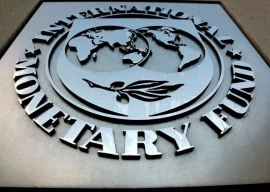
That’s the premise of perhaps every household in the country — the ‘woman’ is often pegged as the culprit who 'stole' the son or the husband or the brother. It is always the ‘other woman’, never the man.
That also begs the question: are men not considered sentient beings with sense and intellect and the ability to make decisions on their own? But that’s a debate for another time.
The patriarchal mindset is so deeply-rooted that women tend to believe they have no choice but to fiercely compete with each other to survive. Needless to say, sisterhood is a concept that most need familiarising with.
It is no wonder then that women’s oppression makes for prime time television in Pakistan. However, it becomes truly problematic when the narrative is recurrently exploited by production houses.
While the foundation of the Humayun Saeed, Adnan Siddiqui, Aiza Khan and Savera Nadeem starrer correctly targets cheating, its emphasis on demonising the woman absolves both male protagonists of their flaws.
Meanwhile, another popular show has a man cheating on his wife. The show, ironically, is named Ghalti i.e. mistake.
An upcoming show stars Iqra Aziz as a pathological liar who makes false accusation of domestic violence. This brings to mind another show, Bashar Momin, which normalised marital rape and romanticised Stockholm Syndrome.
The TV shows depict a reality of a society where domestic violence and abuse is brushed under the carpet; a society where the oppressed rarely find voice — even when they do, it is met with doubts.
Now, contrast that with how Pakistan fares in terms of ensuring women’s protection and safety.
In 2018, Pakistan ranked sixth on the world’s most dangerous countries for women index. White Ribbon Pakistan statistics for 2004 to 2016 show 4,734 reported cases of sexual violence, at least 15,000 cases of honour crimes and more than 1,800 cases of domestic violence.
The media has reported more than 51,241 cases of violence against women between January 2011 and June 2017, according to Deutsche Welle. But conviction rates remain low with only 2.5 per cent of the reported cases ending up in convictions. The justice system too is inflicted with the predicament of how much of a domestic life can be regulated by the State.
Considered a taboo, neither women nor men are sensitised on what qualifies as appropriate and inappropriate behavior, let alone abuse. The influence of a drama serial on a mind riddled with moral dilemmas has the power to shape narratives, for better or for worse.
In such a scenario, problematic TV content designed for the consumption of impressionable minds is a catastrophe waiting to happen.
For mainstream television to target a section of society with limited access to a wider range of topics, stakeholders such as writers, producers, directors and actors need to be called out for their role in broadcasting problematic content disguised as entertainment.
One of Pakistan’s renowned writers, Khalilur Rehman Qamar, came under fire for holding anti-women views. Some argued that the man should not have been given space by this newspaper to expound his problematic views.
But the larger context of the need to publish his views was unheeded — a man with clear sexist views should not be given the power or the opportunity to write a problematic show that would be watched by hundreds of thousands of Pakistanis in the first place.
Published in The Express Tribune, January 22nd, 2020.
Like Opinion & Editorial on Facebook, follow @ETOpEd on Twitter to receive all updates on all our daily pieces.






















1714500460-0/Yehia-Hamuda-baby-separated-from-parents-Gaza-(1)1714500460-0-270x192.webp)












1714370039-0/ojwilson-(1)1714370039-0-270x192.webp)


-(1)1714378140-0/AliAminMaryam-(4)-(1)1714378140-0-270x192.webp)
-(1)1714458896-0/ASP-(2)-(1)1714458896-0-270x192.webp)






COMMENTS (2)
Comments are moderated and generally will be posted if they are on-topic and not abusive.
For more information, please see our Comments FAQ